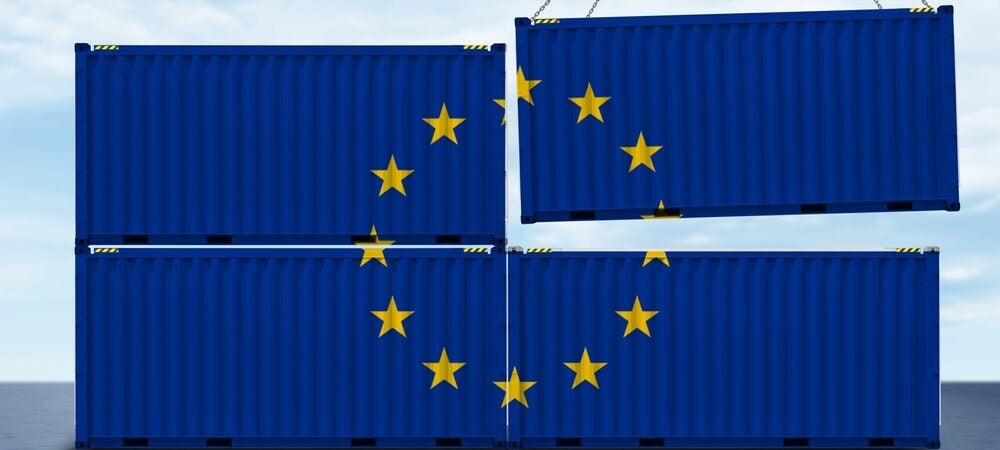Opportunities for diversification in the Indo-Pacific
Europe’s trade policy is heading for a sea change. But it is not Putin’s war of aggression against Ukraine that is the main reason for this development. Rather, there are long-term influencing factors at work here: the WTO-centred multilateral trade order is visibly eroding. Protectionism is on the rise around the globe. World trade is growing only marginally or is even stagnating. Globalization is undergoing a transformation whose outcome is uncertain. And international trade is increasingly being instrumentalized for political purposes. In February 2021, the European Commission responded to these structural upheavals by announcing an “open, sustainable and assertive trade policy”. However, there has so far been uneven progress towards implementing the objectives included in the new trade policy strategy. While the EU’s intention to strengthen both Europe’s assertiveness and the sustainability of trade is being realized through numerous new instruments and measures, its promise of openness and liberalization remains unfulfilled for the time being. In particular, the Indo-Pacific region beyond China would offer the German and European economies significant opportunities to tap new sources of raw materials and access reliable supplier networks and growing sales markets.
The EU’s response to the political and structural trade challenges of the 21st century has been quite remarkable. The following stand out as important steps towards European strategic autonomy: the EU foreign investment screening mechanism (10/2020), the anti-coercion instrument (12 /2021), the updated European industrial strategy focusing on climate neutrality and digital transformation (05 /2021), the European chip bill (02/2022) and the European supply chain draft law (02 / 2022). These laws and measures provide European industries and businesses with some protection against both unfair competition and nonEuropean trading partners that seek to put political pressure on the EU. Thus, they are manifestations of an emphatically defensive orientation of trade and industrial policy. But beyond these measures to protect companies and consumers, trade policy must not lose sight of international competition and global markets. It is important that European companies also take an offensive approach to accessing new supply and sales markets and reducing their obvious vulnerabilities in doing business with China.
Opportunities for a liberal foreign-trade policy
It would be wrong to conclude from the experience of the current existential geopolitical risks in foreign trade with Russia and China that globalization and the international division of labour need to be rolled back. On the contrary, cross-border trade in goods, the movement of services and foreign direct investment have all paved the way in recent decades for enormous growth in prosperity worldwide and have contributed significantly to overcoming underdevelopment and reducing poverty in the Global South. The deepening of the division of labour has enabled participating businesses to make significant increases in productivity. It has stimulated innovation, led to greater product diversity and may well have dampened inflationary trends at the same time. The opportunities for individual economic returns and the prosperity gains for society as a whole are too huge to even consider the dismantling of foreign trade and globalization as a desirable option, let alone allow it to become a dominant global trend.
As an economy particularly strongly interconnected with the world economy, Germany has benefited more from globalization in recent years than other industrialized countries of a comparable size. For this reason, it should be very interested in a Europe whose foreign trade is open and liberal. Trade policy efforts to improve protection against unfair competition and strengthen the resilience of domestic industry and supply chains need therefore to be complemented by an active liberalization policy – for example, concluding free-trade and sectoral agreements with non-European trading partners.
2022C59_EUTradePolicy-IndoPacificDr Hanns Günther Hilpert is a Senior Fellow in the Asia Research Division at SWP.
To read the full publication, please click here.

